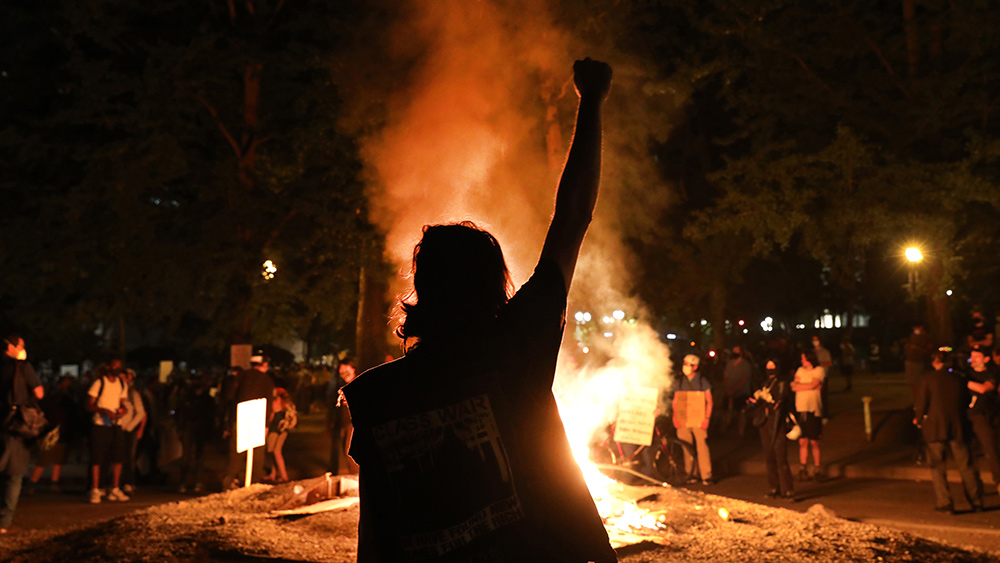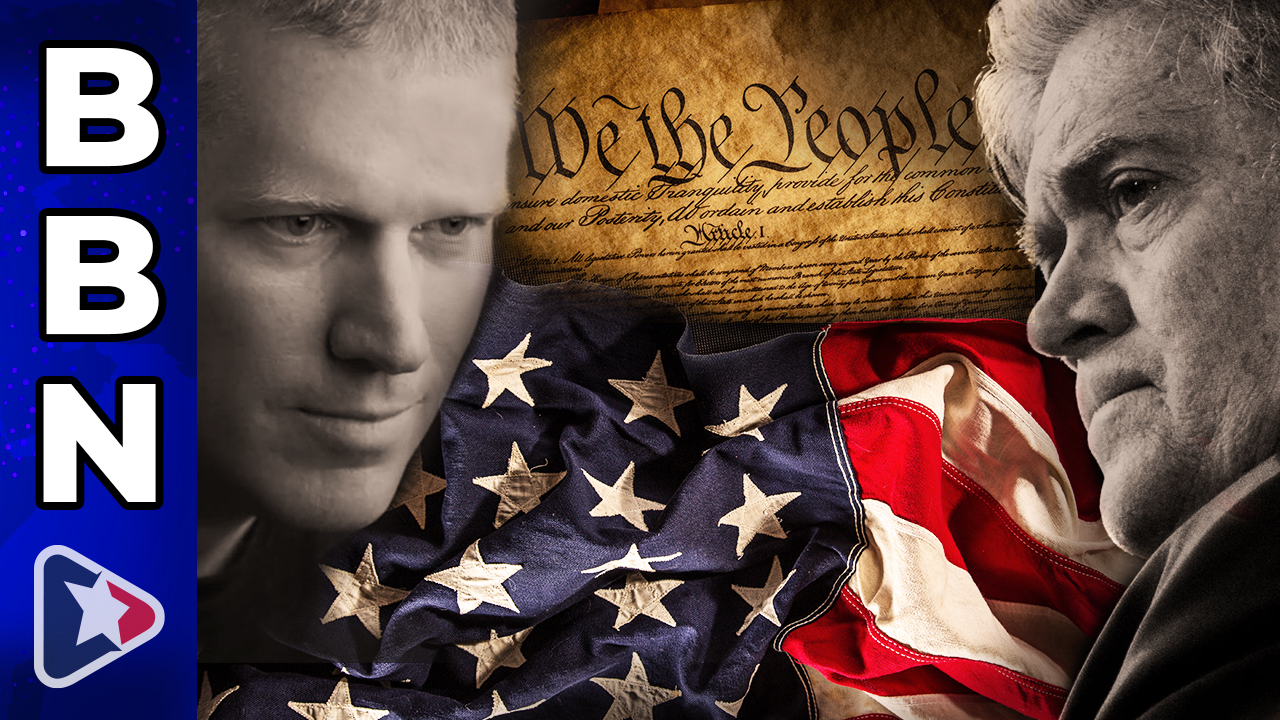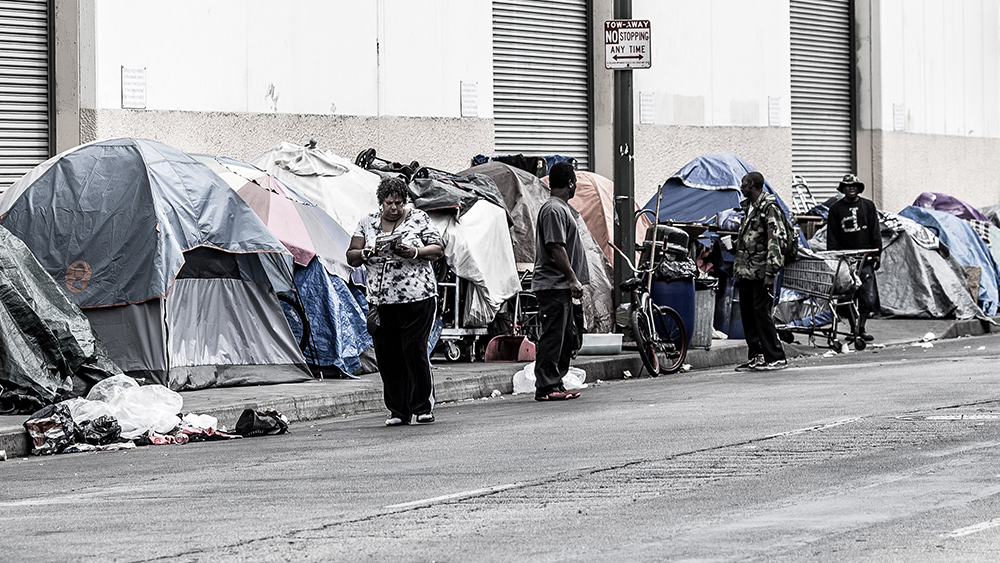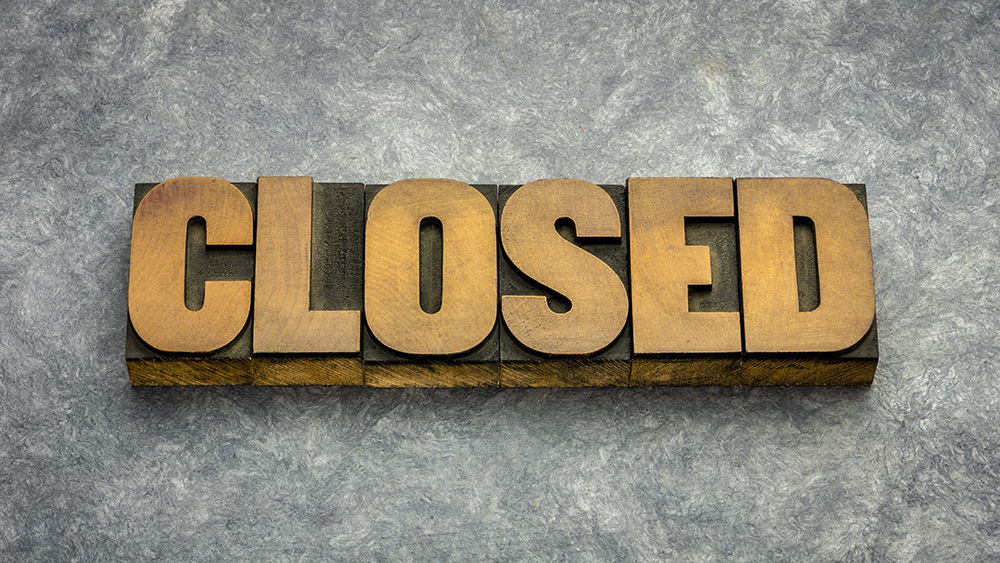
In order to speed up the demolition, cleanup and reconstruction of 16 different properties destroyed by the engineered George Floyd riots, Minneapolis Mayor Jacob Frey announced that the city will be providing $2 million in grants to help property owners, many of whom have to spend six figures for their property.
The program comes after many property owners reported in August how companies were charging them with exorbitant demolition and cleanup fees. Their situation was made worse by the fact that many of their insurance policies cap demolition reimbursement at anywhere between $25,000 to $50,000. While this helps, local news outlet Star Tribune reports that dozens of businesses are receiving bids for $200,000 to $300,000. In some cases, the cost of the demolition is the same as the actual value of the property, if not higher.
Contractors blamed the costs on too much red tape put on their business by the local and state governments, such as the policy requiring construction companies to treat all debris from burned-out buildings as hazardous.
“We aren't taking advantage of anybody,” said Don Rachel, CEO of Rachel Contracting. “Some people might have sticker shock, but how do they know? Most of these folks have never had to wreck a building.”
The massive price tag of demolition is causing Minneapolis and Saint Paul's reconstruction efforts to stall, and many parts of the Twin Cities still look the same several months after they were burned down by Antifa and Black Lives Matter. (Related: “Where are the police?” Anti-police Minneapolis City Council begs department to stop surging crime rate three months after voting to defund and abolish the police.)
“I think that this is price gouging,” said Councilwoman Andrea Jenkins, vice president of the Minneapolis City Council, which is filled almost entirely with Democrats, save for one councilmember who belongs to the Green Party. “They should contact the attorney general. This is a symbol of capitalism run amok.”
Members of the Democrat-controlled state House of Representatives proposed the creation of a $300 million fund to cover the rebuilding of uninsured properties that were destroyed during the riots, but this proposal stalled when the state Senate, controlled by the Republican Party, opposed putting the undue burden of rebuilding Minneapolis and Saint Paul on taxpayers.
The property owners of Minneapolis may soon breathe a sigh of relief. Find out why by listening to this episode of the Health Ranger Report, a podcast by Mike Adams, the Health Ranger, as he talks about how rioters may soon be slapped with charges of sedition and insurrection.
16 properties qualify for grant aid
Mayor Frey said that individual property owners eligible for the grant may receive anywhere between $100,000 to $170,000 to help them pay for demolition and cleanup costs that are not covered by their insurance policies.
These funds will come from a combination of different sources, primarily the federal Community Development Block Grant (CDBG).
“We know that the rubble we've seen in some areas leads to public health concerns,” said Frey. “It leads to public safety concerns. And it inhibits economic growth and development from ultimately happening.”
Steve Poor, director of the Development Services Division of the city's Community Planning and Economic Development agency, said that the city will be sending out notices to the 16 property owners eligible for the grant money by the end of the week.
Many property owners were surprised by the news that some of them would be receiving grants. Many stated that the city had never contacted them before to discuss their concerns regarding rebuilding and the surging costs.
“It didn't seem like anybody cared,” said James Tindall, Jr., who owns a small retail store that was burned down in the riots. Tindall had previously planned to just let his burned-out shop sit there, especially when he received a bid to tear down the property as well as an adjacent property for $250,000. According to Hennepin County property tax records, Tindall's property is worth $238,500.
Ruhel Islam, the owner of Gandhi Mahal, an Indian restaurant on East Lake Street, was delighted to hear that he qualified for assistance. “This is a big headache,” he said. “Whatever insurance money I get, I am willing to give to the city and let them figure it out.”
Islam said he received seven bids, ranging from $125,610 to $269,900, and one of the low bidders told him that they were increasing their price for reasons that he could not understand.
Ade Alabi, whose property is right next to Islam's, said that his insurer was keeping $400,000 of his money until he gets a release signed by the city stating that the debris in his property has been hauled away. Unfortunately, Alabi cannot afford to hire a contractor because the bids are too high.
“If they give me $170,000, that would help a lot. It would be a pleasant surprise.”
Apart from the demolition and cleanup grant, the city is also planning to dole out $5 million for the Commercial Property Development Fund (CPDF), a city loan program that supports businesses owned by people of color.
The money will be given in order to help these small business owners retain control of their properties. The loan money is structured as forgivable loans that do not incur interest. If the business owners retain control of their real estate after 40 years, the loan is forgiven.
“These monies are to facilitate our black and indigenous communities of color,” said Frey. “We can get them to be not just business owners but building owners. This is an anti-gentrification measure.”
Frey further stated that nonprofit organizations working to benefit the residents of Minneapolis will be receiving an additional $4 million from JP Morgan Chase & Co.
The engineered riots are ruining the lives of many small business owners, many of whom come from immigrant and ethnic minority backgrounds. Learn more about the damage to innocent lives and property being caused by the civil unrest by reading the articles at Rioting.news.
Sources include:
Please contact us for more information.





















